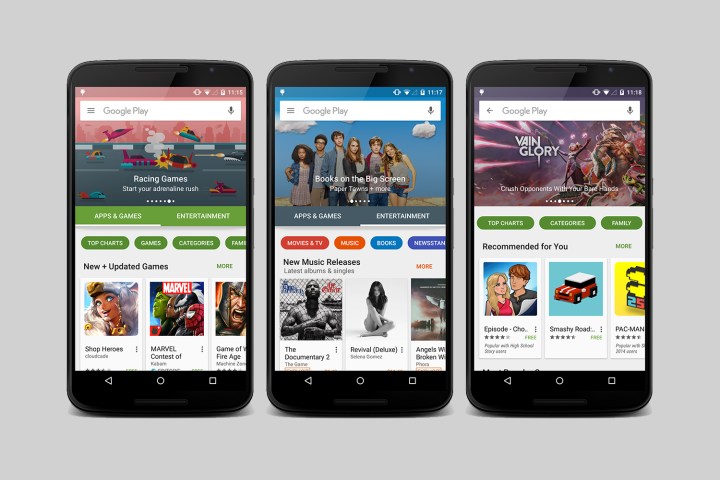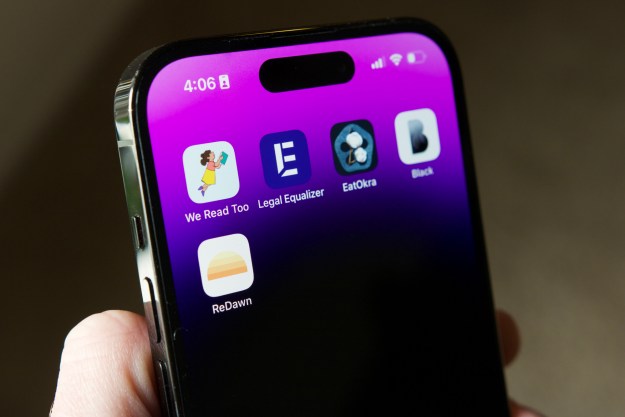
Last year, Google announced improvements in fighting spam and fraudulent installs by rolling out improved detection and filtering systems to monitor manipulated app rankings through third-party services. But developers found another way to cheat the system by bribing people instead.
Developers are increasingly incorporating tactics like giving away free goods or money in exchange for users to provide positive reviews of their app. This boosts the app visibility on featured lists or top charts, regardless of how many people are using or installing it. These incentivized strategies give developers a head start on revenue as soon as the app is released rather than gambling on whether or not it will reach top charts organically.
Higher visibility increases the chances of consumers downloading the app once they see it’s highly-ranked, along with a stream of consistently good reviews and a large number of downloads. Once reviews come in from genuine users, the false reviews eventually disappear among the new ones — making it seem as though all users downloaded the app solely based on it’s popularity. If developers do violate the policy, their app gets filtered out of the top lists or their library of apps are deleted off the store completely.
However, these incentivized reviews and installations still interrupt the flow of the rest of the app rankings throughout the Play Store. They bump down apps that earned their spot on the featured lists or top charts from real user experiences, and take their place instead.
It’s always a good idea to take a look at app reviews before downloading an app, as too many positive reviews can be a potential sign the app developer uses incentivized strategies.
Editors' Recommendations
- Google Messages vs. Samsung Messages: Which app should you use?
- Google is launching a powerful new AI app for your Android phone
- Google loses landmark antitrust lawsuit against Epic Games
- Google just redesigned one of its biggest apps, and it’s bad
- Google is killing another one of its popular apps, and it’s a big one

